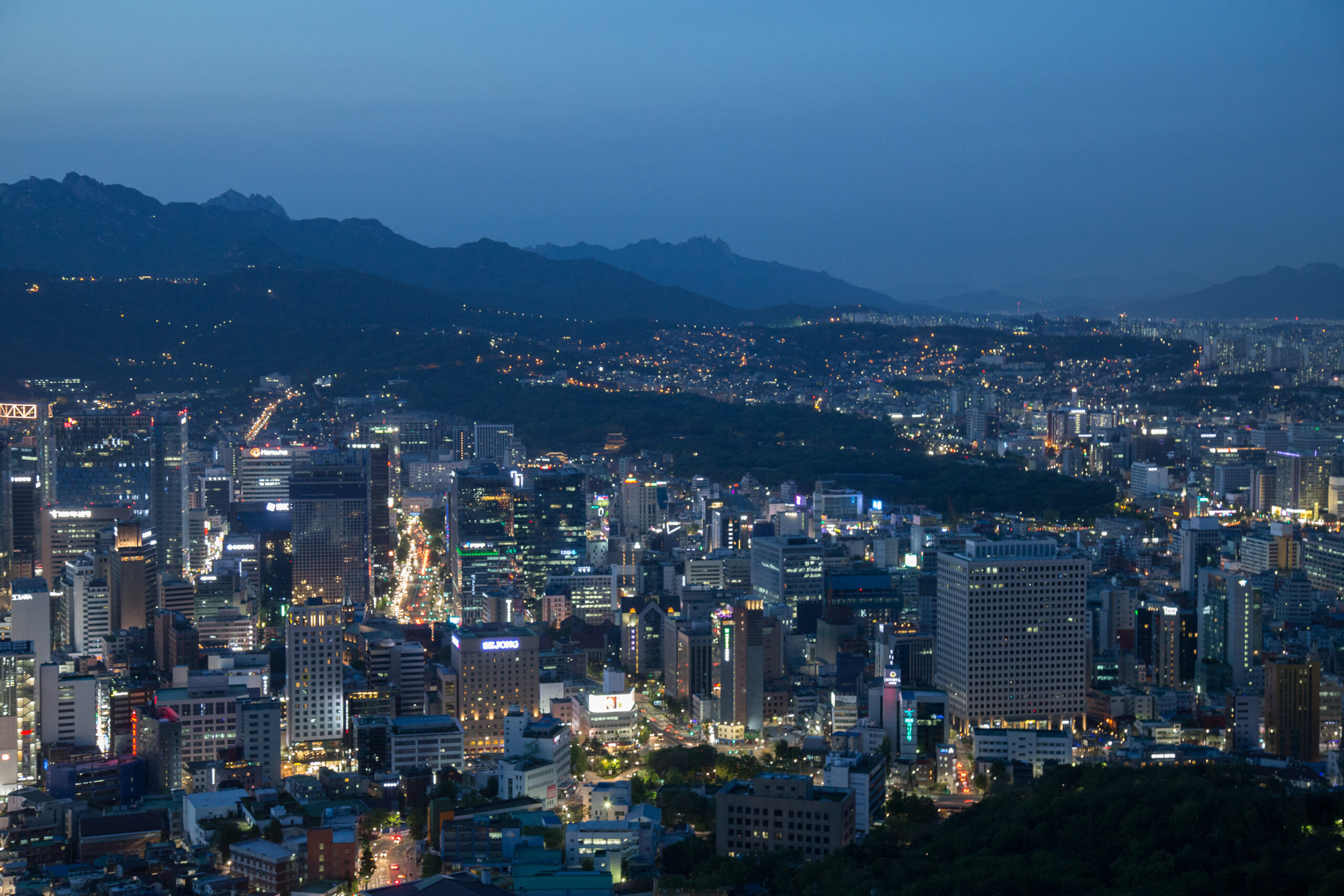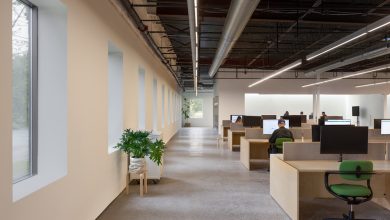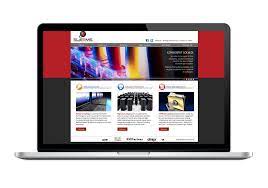
South Korea is a developed country located in East Asia. It is known for its advanced technology, bustling cities, and rich culture. The country’s economy is one of the most developed in the world, and it is a member of the OECD’s “advanced economies” group. This article will explore the average salary in South Korea and the cost of living in South Korea.
Average Salaries in South Korea
Average Salary by Location
One of the main factors that can affect the average salary in South Korea is location. The country is divided into two main regions: the capital region, which includes Seoul, and the non-capital region, which includes all other cities and rural areas.
In the capital region, the average salary is generally higher than in the non-capital region. According to data from the National Statistical Office, the average salary in Seoul in 2023 is KRW 4,270,000 per year, roughly equivalent to USD 3,800. This is significantly higher than the average salary in the non-capital region, KRW 3,470,000 per year, or USD 3,100.
Average Salary by Industry
Another factor that can affect the average salary in South Korea is the industry in which a person is employed. Some of the highest-paying industries in the country include finance, information technology, and engineering.
For example, according to data from the Korea Employers Federation, the average salary for a person working in the finance industry in 2023 is KRW 7,470,000 per year, or USD 6,600. This is significantly higher than the average salary for a person working in the retail industry, which is KRW 2,870,000 per year, or USD 2,550.
Average Salary by Education Level
Education level is also an important factor in determining the average salary in South Korea.
For example, according to Ministry of Employment and Labor data, the average salary for a person with a graduate degree in 2023 is KRW 4,830,000 per year, or USD 4,300. This is significantly higher than the average salary for a person with a high school diploma, which is KRW 2,940,000 per year, or USD 2,600.
Lifestyle in South Korea
Culture and Society
South Korea has a rich and ancient culture deeply rooted in Confucianism, Buddhism, and Shamanism. Visitors can experience traditional Korean culture through its food, festivals, and performances of traditional music and dance.
One of the most distinctive aspects of South Korean culture is its emphasis on respect and hierarchy. This is reflected in how people address each other, with older or more senior individuals being addressed with honorific titles. The country also places a strong emphasis on education, with a high literacy rate and a strong emphasis on academic achievement.
Living in South Korea can be quite fast-paced, with long working hours and busy city streets. However, the country also has a strong sense of community, and many neighborhoods have a tight-knit feel.
Food
South Korean cuisine is known for its bold flavors and use of fermented ingredients such as kimchi and soy sauce. Some popular dishes include bibimbap (a bowl of rice topped with vegetables and meat), kimchi stew, and Korean barbecue. The country is also famous for its street food, which includes items such as tteokbokki (spicy rice cakes) and odeng (fish cakes on a stick).
Living in South Korea can be quite affordable, and food is no exception. Many delicious meals can be had for a reasonable price, and there are also many vegetarian options available.
Transportation and Cities
South Korea has an extensive and efficient public transportation system, making it easy to get around. The capital city, Seoul, is well-connected by subway and bus, and it also has a strong bike-sharing culture.
Seoul is a bustling metropolis with a population of over 10 million people. It is known for its historical sites, such as Gyeongbokgung Palace, as well as its modern amenities, such as shopping and entertainment districts. Other major cities in South Korea, such as Busan and Incheon, also offer a wealth of cultural and entertainment options.
Read More: How Software Helps Business Growth
Work and Business
The country is known for its technology and manufacturing industries, and many international companies have a presence there. Many expats find work in these industries, as well as in teaching English or working in international trade. Business cards are exchanged frequently, and titles are emphasized.
The country offers a rich culture, delicious food, and a high standard of living. With its advanced transportation system and well-developed cities, it is easy to get around and explore all that the country has to offer. Whether you’re considering moving for work or personal reasons. South Korea is a destination worth considering.
What are the costs of living in South Korea?
Many people may need to be made aware of the cost of living in South Korea.
Housing Cost:
The cost of housing in South Korea can vary depending on the location and type of accommodation.
- Renting a one-bedroom apartment in a city center can cost around $800 to $1,200 per month, while a similar apartment in a suburban area may cost around $500 to $800 per month.
- A house in South Korea can be quite expensive, with the average price of a home in the country being around $300,000 to $500,000.
Utility Cost:
The cost of utilities in South Korea is relatively low compared to other developed countries.
- Basic utilities such as electricity, gas, and water can cost around $80 to $100 per month.
- The cost of internet and phone service can also be relatively low, with plans starting at around $30 per month.
Transportation Cost:
Public transportation in South Korea is very efficient and affordable.
- A subway or bus ride in the city can cost around $1 to $2. Taxis are also inexpensive, with the average fare being around $5 to $10.
- Cars are also popular in South Korea but can be expensive to purchase and maintain.
- The average cost of a new car is around $20,000 to $30,000, and the cost of gasoline is around $3 to $4 per gallon.
Food Cost:
The cost of food in South Korea can vary depending on where and what you eat.
- Eating out at a restaurant can cost around $10 to $20 per meal, while purchasing food at a grocery store can cost around $50 to $100 per week.
- Traditional Korean dishes such as kimchi, bibimbap, and bulgogi are inexpensive and can be found at street vendors or small restaurants for around $5 to $10.
Entertainment Cost:
The cost of entertainment in South Korea is relatively low.
- Movie tickets can cost around $10 to $15, and the cost of a gym membership can be around $50 to $100 per month.
- The country is rich in culture and history, and many tourist attractions, such as historical sites and temples, are free or inexpensive.
Overall, the cost of living in South Korea can be considered moderate compared to other developed countries. With a bit of budgeting and planning, it is possible to live comfortably in South Korea while still enjoying all the country has to offer.
Living expenses in major cities in South Korea
The cost of living in South Korea can vary depending on where you live and your lifestyle. In general, living expenses in major cities such as Seoul and Busan tend to be higher than in smaller cities or rural areas.
The average rent for a one-bedroom apartment in Seoul ranges from 500,000 to 800,000 KRW per month. However, the cost of living in South Korea is still considered to be lower than in many other developed countries.
How does the education system in South Korea compare to other countries?
Students in South Korea typically attend school for around six or seven hours per day and often study for several additional hours at home or after-school academies.
The rigorous curriculum focuses heavily on mathematics, science, and language arts. As a result, South Korean students consistently rank highly in international assessments such as the Program for International Student Assessment (PISA).
What is the traditional cuisine of South Korea?
The traditional cuisine of South Korea is known for its use of fermented ingredients, such as kimchi, as well as its emphasis on fresh, seasonal ingredients. Some popular dishes include bibimbap, a rice dish topped with vegetables, meat, and a spicy chili pepper paste; kimchi stew, made with fermented kimchi, meat, and tofu; and bulgogi, marinated beef that is grilled or pan-fried.
South Korean cuisine also features a variety of soups, stews, and side dishes, known as banchan, that are often served alongside the main dish. Traditional Korean cuisine is also known for its healthy ingredients and balanced flavors.
How much is the monthly salary in South Korea?
The monthly salary in South Korea varies depending on several factors, including the individual’s level of education, experience, and the type of industry they work in. According to data from the National Statistical Office, the average monthly salary for South Korea in 2023 is KRW 3,824,000 (approximately USD 3,400).
For entry-level positions in South Korea, the average monthly salary is KRW 2,000,000 to KRW 3,000,000 (approximately USD 1,700 to USD 2,600). For those with a few years of experience, the average monthly salary is KRW 3,000,000 to KRW 5,000,000 (approximately USD 2,600 to USD 4,300). For those with more than 10 years of experience, the average monthly salary can be as high as KRW 10,000,000 or more (approximately USD 8,600 or more).
In specific industries, those working in finance and technology tend to have the highest monthly salaries, with average salaries of KRW 8,000,000 or more (approximately USD 6,800 or more). Those working in the service industry, such as retail and hospitality, tend to have the lowest monthly salaries, with an average of KRW 2,500,000 or less (approximately USD 2,100 or less).
Conclusion
In conclusion, the average salary in South Korea can vary greatly depending on factors such as location, industry, and education level. While the capital region generally has higher average salaries than the non-capital region, certain industries, such as finance and information technology, tend to pay more than others.
FAQs (Frequently Asked Questions)
- How does the cost of living in South Korea compare to other countries?
The cost of living in South Korea is generally considered lower than in other developed countries, such as the United States and Canada, but higher than in some Southeast Asian countries.
- What is the average salary in South Korea?
The average salary in South Korea varies depending on the industry and position, but as of 2023, the average monthly salary for a full-time employee is around 3.5 million KRW (approximately USD 3,200).
- Is there a difference in salaries between regions in South Korea?
Yes, there are differences in salaries between different regions in South Korea. Salaries tend to be higher in more developed areas such as the Seoul metropolitan area and lower in more rural areas.
- What is the minimum wage in South Korea?
As of 2023, the minimum wage in South Korea is 8,720 KRW (approximately USD 7.70) per hour.
- What is the average salary for a fresh graduate in South Korea?
The average salary for a fresh graduate in South Korea is around 2.5 million KRW (approximately USD 2,200) per month.
- How much can an ex-pat expect to earn working in South Korea?
The salary an ex-pat can expect to earn working in South Korea will depend on their qualifications, experience, and the industry they work in. However, on average, ex-pats can expect to earn similar salaries to locals.
- How much does it cost to rent an apartment in South Korea?
The cost of renting an apartment in South Korea varies depending on the location and size of the apartment. On average, you can expect to pay around 500,000 KRW (approximately USD 450) per month for a one-bedroom apartment in the city center, and around 300,000 KRW (approximately USD 270) per month for a similar apartment in a more suburban area.
- What is the average price for utilities in South Korea?
The average price for utilities in South Korea, such as electricity and gas, is around 150,000 KRW (approximately USD 130) per month.
- Is healthcare expensive in South Korea?
No, healthcare in South Korea is relatively inexpensive compared to other developed countries. The national health insurance system covers many medical expenses, and out-of-pocket costs are usually relatively low.
- Do South Korean ex-pats need to be aware of any cultural differences?
Yes, there are several cultural differences that ex-pats should be aware of when living in South Korea. Some things to be aware of include the importance of respect for elders, the emphasis on group harmony, and the importance of punctuality.
Apart from this if you are interested to know more about The Pink City Of Rajasthan then visit our Travel category.




